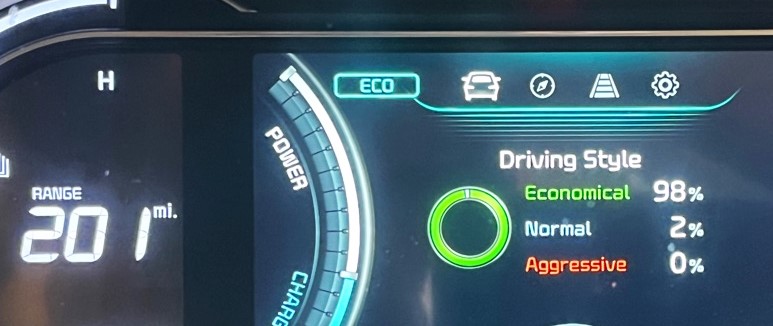
Putting the Brakes on Global Warming
North Carolina could limit its contribution to global warming over the next 15 years by implementing policies to reduce carbon dioxide emissions from cars and light trucks. Carbon dioxide pollution from cars and light trucks in North Carolina could increase by 12 percent from 2005 to 2020 unless action is taken to reduce emissions. Putting the Brakes on Global Warming finds that by implementing the Clean Cars Program as soon as possible, North Carolina could reduce carbon dioxide pollution from cars and light trucks by 10 percent below the levels that would be achieved under the recently improved federal fuel economy standards by 2020.

North Carolina could limit its contribution to global warming over the next 15 years by implementing policies to reduce carbon dioxide emissions from cars and light trucks. Carbon dioxide pollution from cars and light trucks in North Carolina could increase by 12 percent from 2005 to 2020 unless action is taken to reduce emissions. Putting the Brakes on Global Warming finds that by implementing the Clean Cars Program as soon as possible, North Carolina could reduce carbon dioxide pollution from cars and light trucks by 10 percent below the levels that would be achieved under the recently improved federal fuel economy standards by 2020.
Topics
Authors
Elizabeth Ridlington
Associate Director and Senior Policy Analyst, Frontier Group
Elizabeth Ridlington is associate director and senior policy analyst with Frontier Group. She focuses primarily on global warming, toxics, health care and clean vehicles, and has written dozens of reports on these and other subjects. Elizabeth graduated with honors from Harvard with a degree in government. She joined Frontier Group in 2002. She lives in Northern California with her son.
Find Out More

Five key takeaways from the 5th National Climate Assessment

Carbon dioxide removal: The right thing at the wrong time?

Fact file: Computing is using more energy than ever.

